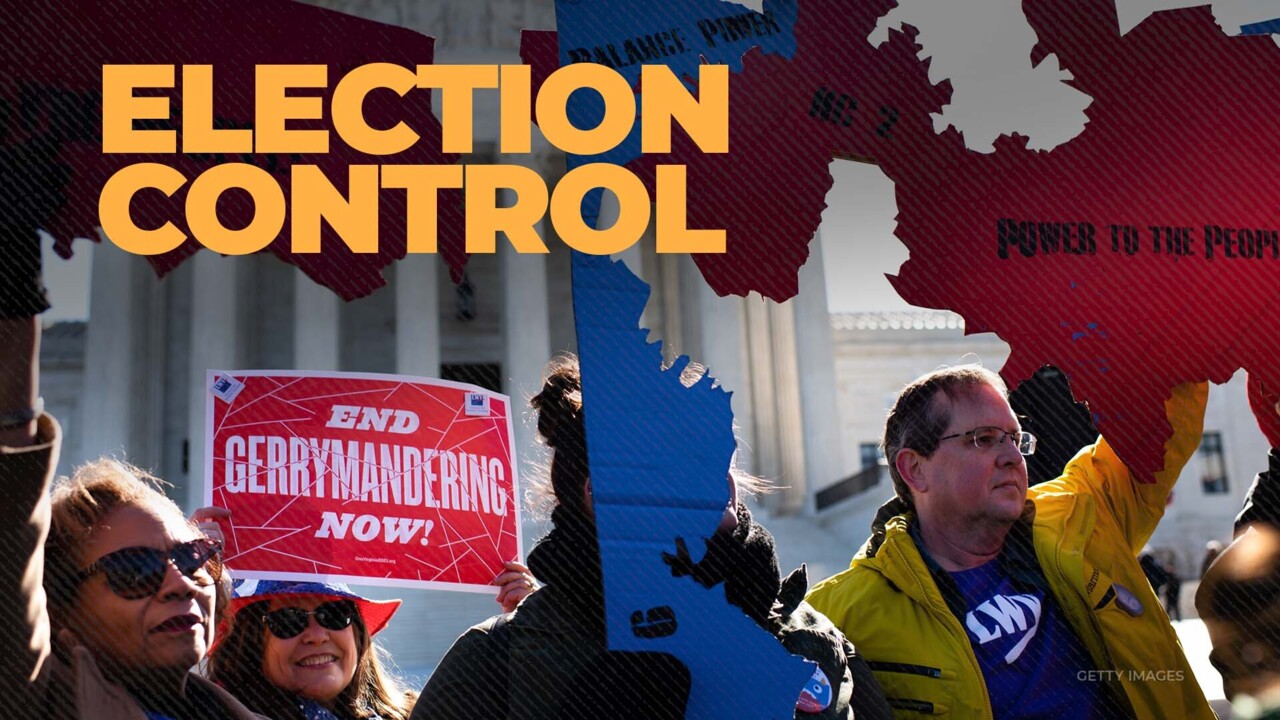
The Supreme Court heard oral arguments in a case that could forever shape redistricting and federal elections in America. In Moore v Harper, the justices are considering the validity of the independent state legislature theory, which says only legislatures have the authority to regulate federal elections and state courts cannot interfere.
David H. Thompson: “The elections clause requires state legislatures specifically to perform the federal function of prescribing regulations for federal elections. States lack the authority to restrict the legislature’s substantive discretion when performing this federal function.”
But Thompson immediately came under tough questioning from conservative and liberal justices alike.
Roberts “You concede that state legislative action under the elections clause is subject to a governor’s veto. Right? Yes, Your Honor. Well, the governor is not part of the legislature. Why do you concede that point?”
Kagan: “In all recent cases, we’ve said, of course, state courts applying state constitutions typically constrain state legislatures, when they redistrict, when they enact election laws.”
Ultimately, the justices will decide whether state courts can nullify and replace regulations for federal elections put in place by legislatures. It stems from a lawsuit in which the North Carolina State Supreme Court blocked a Republican-drawn congressional map. A trial court then appointed three experts to draw a new map and adopted it. The challengers contend there is no such thing as an independent state legislature when it comes to enacting legislation.
Katyal: “the blast radius from their theory would sow elections chaos, forcing a confusing two-track system with one set of rules for federal elections, and another for state ones,”
Justice Kentanji Brown Jackson and others homed in on the separation of powers and what exactly constitutes a legislative power.
Jackson: “I thought we told we were able to tell when something is a legislative power, by reference to the state’s constitution, that they tell us when Legislative power is being exercised at all validly or whatever.”
The decision will be released by the end of June. Straight from DC, I’m Ray Bogan.






